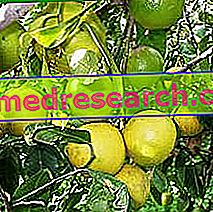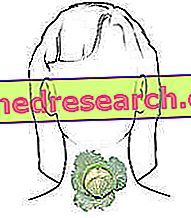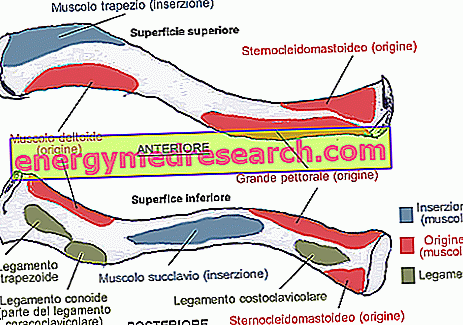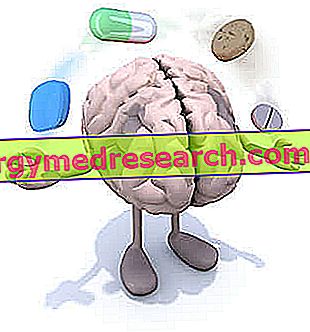
Scientific name
Citrus bergamia L.Family
RutaceaeOrigin
Cultivated plant.Synonyms
Bergamot.
Used Parts
Drug consisting of the rind of the fruit, from which an essence used in perfumery is mechanically extracted.
Chemical constituents
- Essential oil rich in terpenes and bergapteni (limonene, linalyl acetate, terpinene, linalool, pinene, geranial).
- Flavonoids (they do not derive from the drug, but are contained in bergamot juice and appear to have interesting lipid-lowering properties).
Bergamot in Herbal Medicine: Properties of Bergamot
In addition to use in perfumery, anti-inflammatory, disinfectant and healing properties are ascribed to bergamot essential oil, while the juice obtained from the fruit appears to have cholesterol-lowering activity and potential antitumor activity.
Biological activity
Bergamot - more specifically, its essential oil - is used above all in the perfume industry and its use has not been approved for any type of therapeutic application.
However, this essential oil is given healing, antimicrobial and antiphlogistic properties. For this reason, bergamot essential oil is often used in a very diluted form to treat skin disorders such as boils and blackheads.
Several studies have also been conducted on bergamot to investigate the potential for reducing excess cholesterol levels. In fact, it seems that this plant is able to significantly decrease blood lipid levels (in particular, triglycerides and LDL cholesterol), thus also reducing the risk of cardiovascular events.
These properties are attributable to the flavonoids contained in the bergamot juice, among which we mention the neoeriocitrina, the neohesperidine and the naringin.
Several mechanisms of action are proposed to explain the ability of these flavonoids to decrease the levels of circulating lipids. Among these, we recall the mechanism according to which these molecules are able to activate protein kinase C which, in turn, triggers a cascade of signals that culminates with the expression of the gene that codes for LDL receptors. In this way, therefore, we are witnessing the synthesis of new receptors that favor the sequestration of the LDL circulating inside the cells.
Another interesting study, instead, has highlighted the potential anti-tumor properties of the bergamot juice extract, which can always be ascribed to the flavonoids contained in it. More specifically, this study has shown that small amounts of this extract can interfere with the apoptosis mechanisms of malignant cells making up colon cancer, favoring their death.
However, despite the encouraging results obtained, further clinical studies are needed before the use of bergamot juice and its components can be officially approved for the aforementioned applications in the medical field.
Contraindications
Attention to use in case of bradycardia, bronchial asthma and glaucoma.
Bergamot - Warnings
The use of bergamot essential oil should be allowed only if free of bergapteni, photosensitizers and carcinogens.
Pharmacological Interactions
No major drug interactions are known.



